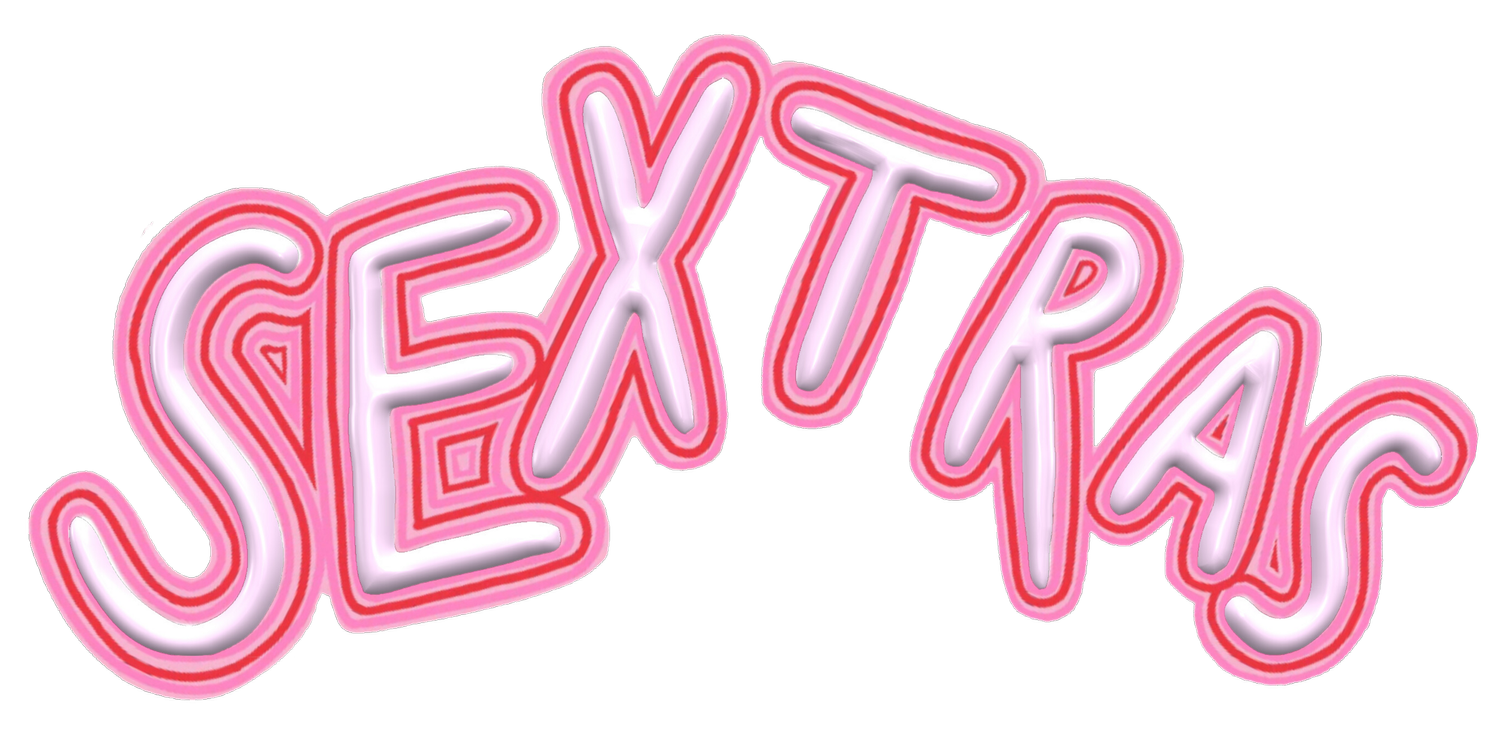The friendships that shaped me, as a queer Nigerian man
Freelance writer Obinna Tony-Francis Ochem opens up about how his platonic bonds with both men and women have influenced his life-long journey towards accepting his sexuality.
Photo by Darina Belonogova
As a child, I embraced my femininity because, in the world of just living, unaware of your environment, you become the raw version of what you are meant to be.
In Nigeria, straight males fear imaginary rape committed by gay men, anally penetrating them when they are unaware, especially in their sleep. This is always a projection based on them being a danger to women, and is often followed by threats of violence towards queer people.
Until I completed my primary education, I found solace in female friendship, unaware of the gender rules of relationships. I knew that my two female friends understood me, and I understood them; we easily rolled together.
One of the friendships stretched from my earliest childhood memory until I was six, and the last ended when I was ten and in secondary school. I appreciated this friendship – despite being derided by older boys, who saw girls only as “fuckable”, not to be friends with. I appreciated its warmth, how it made me feel better about myself, and how I escaped the young male toxicity.
“As a child, and transitioning into a teenager, I was filled with expectations on how we should act to be taken seriously in a patriarchal society”
Growing up, your gender expression betrays you and slowly begins to become your identity until you finally grow into either femininity or masculinity. When I was 11 and in my first year in junior secondary school, I knew I needed to grow out of femininity.
I was called feminine slurs. I felt that I needed to leave my comfort zone and find friends who weren’t girls, but throughout my first three years in secondary school, I was still drawn to both. I noticed a pattern in the boys I was friends with: they weren’t feminine but not hyper-masculine in their thoughts and relationships, either.
At first, I didn’t think anything of it. We were young and out of touch with reality on most things, especially how we should present ourselves socially. But as a child, and transitioning into a teenager, I was filled with expectations on how we should act to be taken seriously in a patriarchal society.
Now I understand these male friends were figuring out their identity as heterosexual men, and looking back, I’m thankful I wasn’t subsumed with friends who needed to be hyper-masculine or portray teenage misogyny.
These male friendships were tender, and in recent years, I’ve come out to two of them. There wasn’t any form of insult like I would have expected. I still have them by my side while they share their lives with me. Though they don’t participate in Nigerian liberal spaces, they were still very tender in how they accepted who I am.
Read more: Everything you need to know about HPV
Even at university, and as I’ve gotten older, I’ve become friends with similar men. As a queer man, not actively seeking friendship from queer people outside social media, my friends end up mostly being heterosexuals.
I have never selected these men, so why do I end up getting close to men who don’t align with my sexuality?
As much as I love my friends, I am secluded in my shell, which a lot of straight men also seem to be. We don’t check up on each other. We only reply to texts when we want to discuss frivolous things or to leave a compliment on a friend’s picture.
I always leave enough room for my male friends to assume my sexuality. Apart from two of them, who I have told about being gay, others have assumed based on my Instagram posts. Thankfully, we are still very much friends.
If I finally acquire this queer friendship, I worry about whether I will be able to keep it on track. Friendship in my life has been spontaneous, other than occasionally initiating friendly restaurant hangouts or inviting friends to events, hoping to get them out of their shells.
The thing about these straight men that I befriend is that they are not reflective of traditional Nigerian men who are obsessed with alcohol, women, and football. While they do crave money, though, we share a fondness for art, especially movies.
“I believe that one day, I will have the friendship I want, where I can relate to his experiences with sexuality, and he can relate to mine”
Their tenderness has been all that has kept me afloat as a queer man. Being friends with these straight men who approach life differently has offered me perspective on how sexual identity is not entirely based on the extreme heteronormativity performed on social media.
But I crave a gay male friendship away from social media. The real-life tenderness outside of the WhatsApp and Instagram chats. I have tried to get myself out there for queer events; rather than friends, I collect acquaintances with whom I chat for a few days, until it dwindles.
I believe in the unending quest for friendship, and I believe that one day, I will have one I want, where I can relate to his experiences with sexuality, and he can relate to mine. Until then, I am developing a friendship with a girl I met at university who has always been there for me and made that time worthwhile. My existing friendships continue to blossom.


